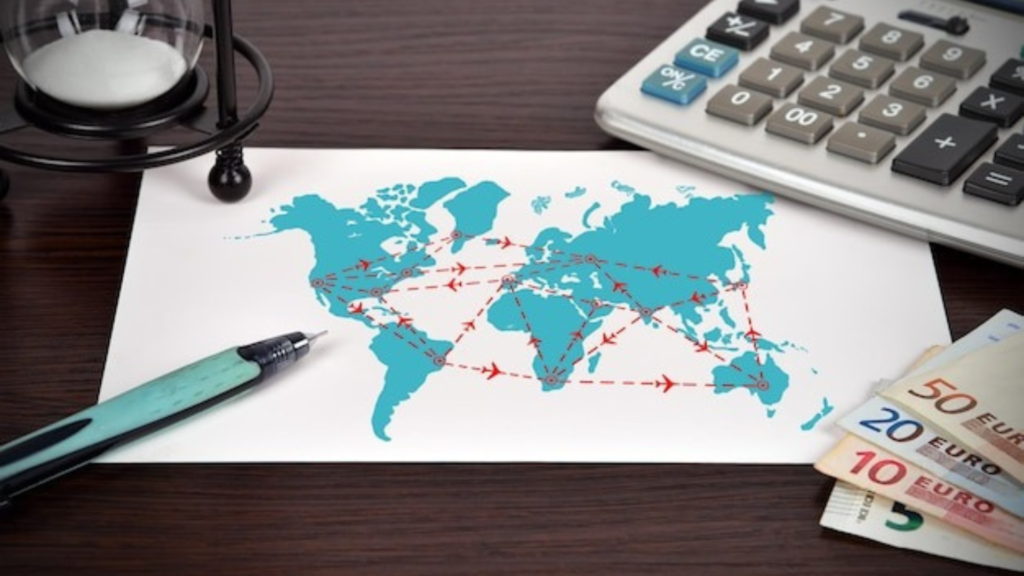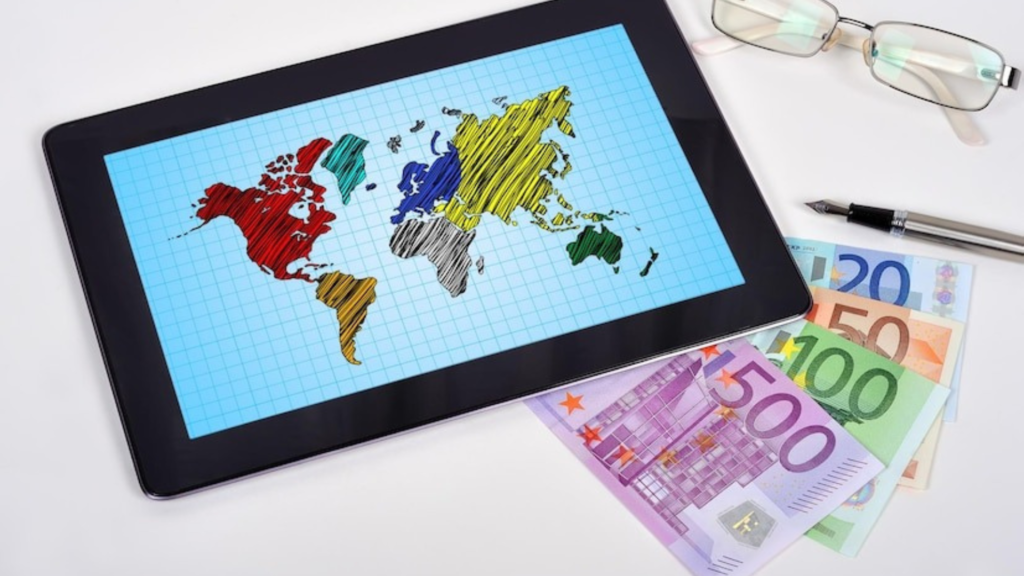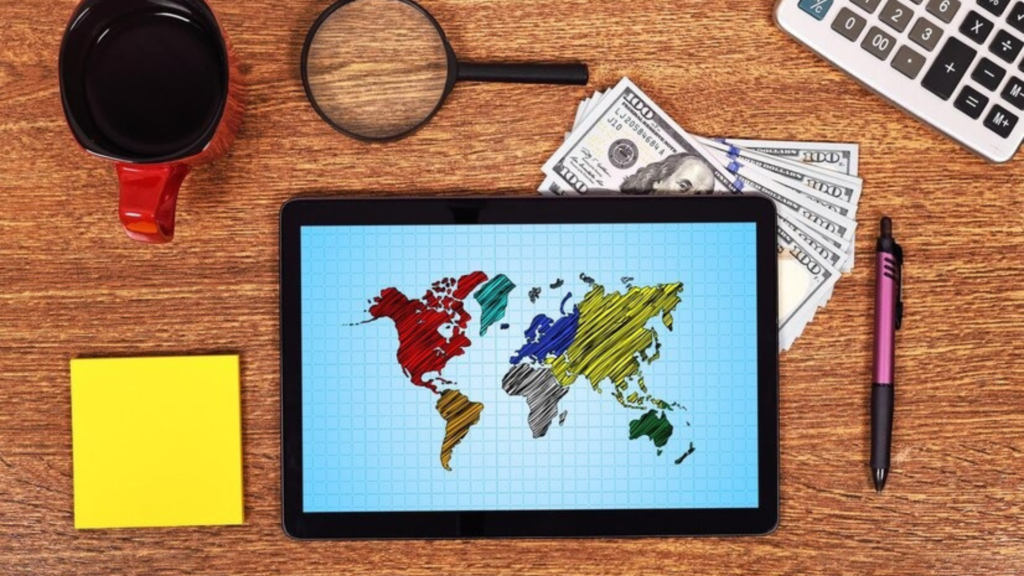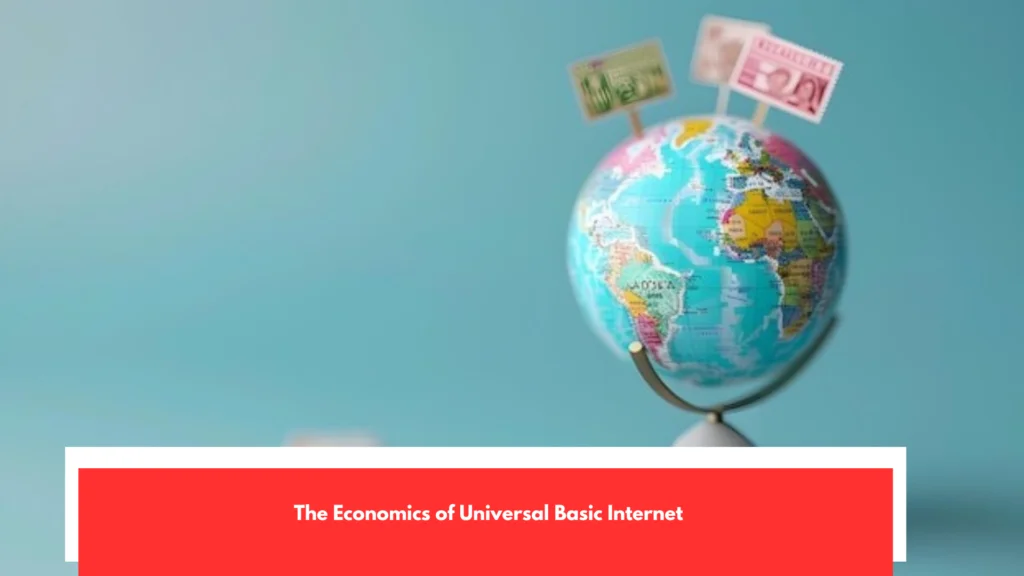The Undersecretary of Economy, Natalia Piergentili, when she intervened at the Seminar Global Challenges in the Digital Age: Regional Integration, Common Policies and Institutional Dilemmas, promoted by the Ministry of Transport and Telecommunications, in In Honor Hall of the Former National Congress, in Santiago, assured that technology can be an outstanding factor to narrow social gaps. The Undersecretary says tech-savvy workers are key to boosting digital productivity in a rapidly changing world. The Economics of Universal underscores the need for broad access to digital tools and skills.
Taken place so many of such a dramatic extent within so short a mile of time illustrating again the high dependence of Society, Economy and Technology. The issue of today, according to Piergentili, is that the countries speak about the coverage and the minimum provision of digital services to all lands and their residents, claiming that (just like the aim of the Seminar) society and its institutions need to welcome the change in technology and change with the help of the authorities.
What is universal basic income?

The course that we need to take. Nor can we stand still on these things,” said the Undersecretary. In the case of Piergentili, Chile should realize that, the great value of universal digitalization, should lead the governmental understanding, which should ensure the availability of the Internet to 100 percent of the citizens, with the Internet being an essential universal right just like other transfers such as power or water.
It exercises the establishment of fair opportunities and enhances the presence of all social strata in the digital economy, in line with their geographical position, development and resource capacity . At this point, the digital economy further takes more significant roles in the life of people and in the global economy. Digitalization of businesses and services has resulted in increased efficiency, innovations and economic growth. Nevertheless, the difference was big between the people having access to digital technologies and those who do not The opportunity is about filling this gap and giving.
What are the goals of UBI?

The opportunity to every person and community to receive the positive effects of the digital economy and enjoy it. These include facilitating access to the Internet in the rural and remote regions, making digital devices and services affordable, digital literacy, as well as training and skills that will enable people to contribute in the digital space. Nonetheless, universalizing the digital economy also come with risks, which include privacy and data security, equity of information and technology access, and reducing digital exclusion.
The globalization of digital economy has taken the form of several aspects across the globe. One can mention access to online education. Digitalization allows individuals to study online courses and distance learning programs which enables them to get new skills and knowledge independently of the geographical location.
Is there evidence that UBI works?

This particularly helps those that are in the rural regions or low end facilities since they can still receive quality education regardless of the distance they are. Besides providing education, the digital economy has also increased access to healthcare services. Web-hosted applications and websites have been introduced in most countries where individuals can get distant medical treatment and virtual medical checkups. This becomes particularly useful to patients who cannot easily access conventional healthcare particularly when it comes to the people who live in remote areas or have limited.
Mobility Access to work opportunities on online job markets is another illustration of the digital economy universalization which has been identified. On these platforms, an employer links with workers who are freelancers to be able to have remote and flexible jobs. This brings advantage to those individuals who once found it hard to come by employment; it is based on geographical barriers or restriction of mobility, and also to those who are willing to have multiple sources of income.
Conclusion

In addition, introduction of the digital economy in the entire world has also fueled business creation in the round world. The online market and social media have contributed to the establishment of online business and promoting it so that entrepreneurs are able to appeal to a greater number of people and break geographical boundaries. This has enhanced economic inclusion by offering people located in various backgrounds an opportunity to be entrepreneurs
These cases show how the digitalization of the economy is making education, health, employment.
Entrepreneurship more accessible to and available to everyone in general, to the people who have not had such opportunities before or struggled to get it. It is possible to enhance the equal and broad access to digital technologies and thus new opportunities in the economics and social sphere on the basis of equal access to opportunities in the digital age can be promoted. As far as the Peruvian case is concerned, on January 9, 2020, two significant decrees have been passed in Peru. Emergency Decree No. 006-2020 establishes the National Digital Transformation System and encourages.
